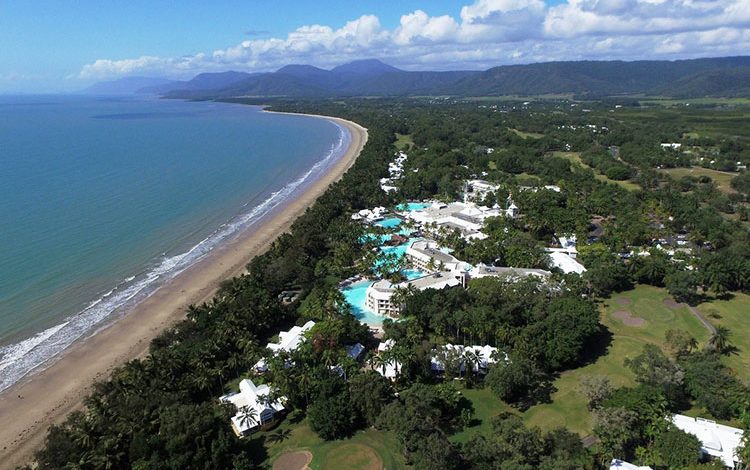Breaking the mould: How to differentiate your hotel in the industry

In the hotel industry, there is a growing debate on whether hotels should be branded or independent. Axsia HTL firmly asserts that a strong internationally recognised brand drives RGI, that ultimately enhances investment returns. The core query, therefore, is whether a hotel operates as a commodity or evolves into a truly independent business. This article delves into the nuanced definitions of these terms and how they relate to the hotel industry. Truly differentiating your business and driving revenues, whilst making the most of your brand will return great benefits.
Let’s define a commodity and independent business
In economics, a commodity is an economic good, typically a resource, that specifically has full or substantial fungibility. In essence, the market treats instances of the good as equivalent or nearly so with little regard for their origin. A commodity is a good or service whose wide availability typically leads to smaller profit margins and diminishes the importance of factors (such as brand name) other than price. It is one that is subject to ready exchange or exploitation within a market.
An independent business is any business unit within a country designated by a client executive committee from time to time to operate at arm’s length because (i) it is pending decision regarding a possible disposal of the business unit; or (ii) the business unit operates under conditions materially distinct from those applying to the services as evidenced by non-participation in all or some of the other client mainstream support services in that country.
Branded vs Independent Hotels
The prevailing notion in the hotel industry, that the financial outcome is assured once a brand is commissioned, holds true only for those seeking mediocrity. In the second half of the 1900s, hotel brand companies provided reservations support, marketing, guest loyalty programs, brand standards (i.e. quality assurance), and lender comfort, but at a cost. Independents, on the other hand, provide freedom and a sense of uniqueness but without the support of a major affiliation. It was an age of evolution and consistency through satisfying consumers’ limited demands and expectations.
Fast forward to today, brand companies still provide the essential basics in this new era and in most cases create a commodity experience. Adequate to achieving mediocrity or average financial outcomes. However, consumers are now demanding more. They are not satisfied with standard. Consumers will pay more for that bit extra, mainly experience, which while demanding essential brand standards requires the hotel management to deliver the extra. Hence the importance of questioning whether the hotel is a commodity or an independent business unit. While branded hotels are faced with various payments attributable to the brand, such as brand fees, marketing support and loyalty program fees, those fees do not have a harmful effect on net operating income (NOI) compared to NOI for independent hotels, suggesting that independent hotels are unable to bring their ADR and RevPAR premiums to the bottom line despite their savings in other expenses.
Creating an independent business unit in the hotel world is not simple. Due mainly in most cases to the lack of on-property management skill and expertise, and a reluctance to be “bold” or maybe constrained. Success can be easily measured, either by increased demand, increased average room rates and reducing marketing costs. Let’s say a 250-room hotel trading at 80% occupancy lifts the average room rate by just $10. It is reasonable to expect an EBITDA uplift of $620k or a valuation uplift of circa $8.5 million.
At Axsia HTL, we believe that by working in collaboration with your brand and driving customer experiences you can truly drive revenue and investment value for your Owner/s. This takes effort, creativity and by-in from all invested parties to achieve. Creating the business unit and achieving the financial outcomes is not easily attained. Hotel management needs the support and experience of seasoned Hotel Asset Managers, either in-house or external consultants, to drive a strategy, plan, and time frame. Changing a hotel from being a Commodity to an “Experiential” unit is not instant. The creation of a business plan or strategy is vital and the engagement of all stakeholders critical. In most cases the change requires a re-set of culture, practices, customer product delivery, and focus, for any execution to be successful.
Included in any plan/strategy is the importance of time allocation and expectancy for “change” delivery and outcomes. Axsia HTL’s experience would suggest that the time to achieve optimal outcomes could take between 1 to 3 years depending on the quantum of shift, the “size of the pie” (outcome) and maybe the re-establishment or shift to higher paying demographic customers. However, time allocation must be considered as an investment before an Owner reaps the Capital gains.
Contact Axsia HTL today to learn how we can help your business – www.axsiahtl.com
